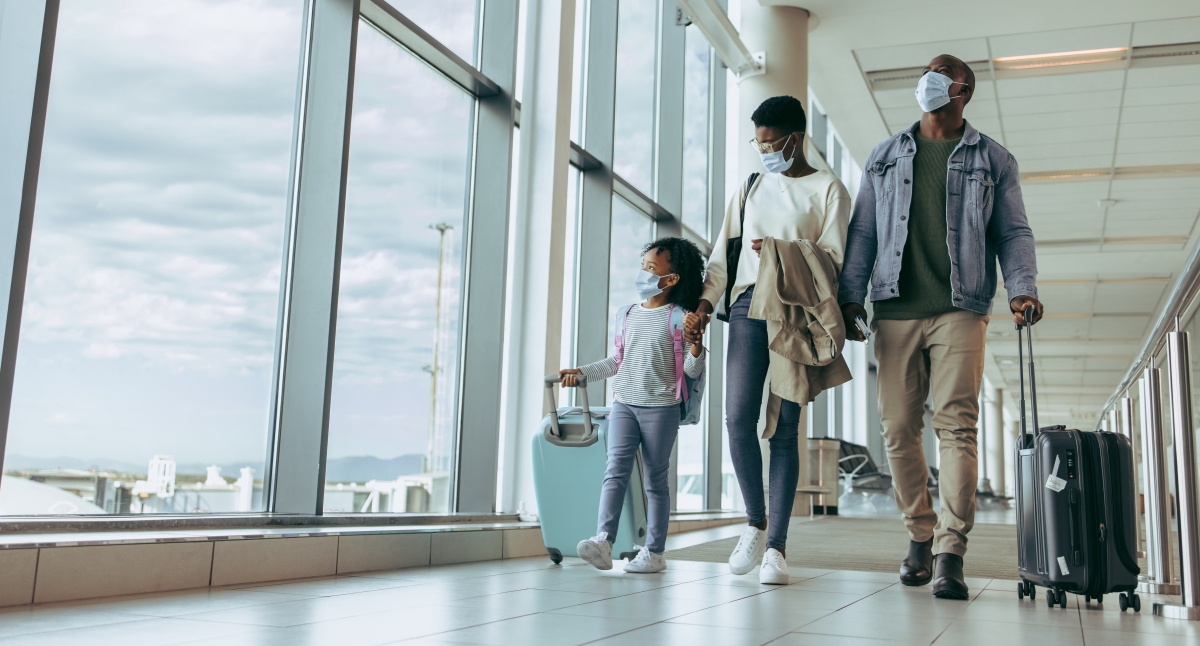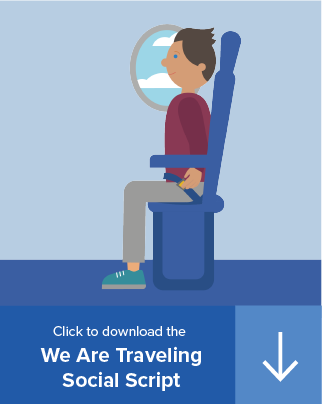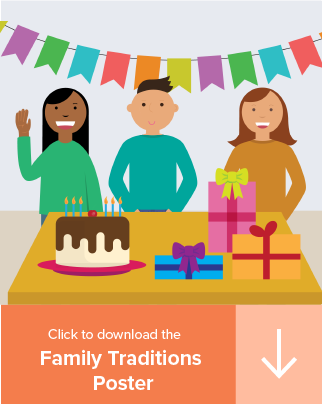December Newsletter | Preparing for Holiday Celebrations

Preparing Students with Autism for the Holidays
Seasonal celebrations have arrived. For many people, this involves traveling to new locations, visiting unfamiliar people, and engaging in cultural and family routines that don't occur on a daily basis.
For students with autism, these celebratory occasions can cause anxiety over unfamiliar circumstances. Questions—even unspoken ones—such as, "Who will be there?" or "What will I eat?" can be addressed with compassion and care through the following suggestions.
1. Preparing for Change
Prior to holidays or breaks from school routines, students may begin to express some challenging behaviors. For some, the upcoming changes may be social: visiting distant family, having gatherings at home, and the absence of a familiar routine. Others may also experience more dire circumstances. A recent analysis of the National Study of Children’s Health Data revealed that children with autism are 150% more likely than neurotypical children to experience food insecurity. Teachers and support staff can help by asking students simple questions either verbally or through the student’s preferred mode of communication, and by connecting students and their families with support organizations in the community. Questions to start a conversation can include:

2. Traveling
Many of us find the idea of travel to be exciting, but for some who travel over the holidays, the experience can be nerve-wracking and full of anxiety. Preparing and simulating travel by checking out unfamiliar but close-to-home locations such as a hotel or Airbnb, even for a few hours, can help make future trips feel more natural. Also, be sure to rehearse activities including bathroom routines, and remember to plan fun activities for extended trips. Check out our brand-new We Are Traveling Social Script for ideas on how families and caregivers can prepare for traveling to new places.
Staying home this holiday season? Use our Video Chat Sequence Strip to practice having virtual conversations with friends and family.
3. Safety

If travel includes large-scale transportation such as a plane or train, be sure that children wear identification in the event of separation from their parent or caregiver. For students who are able to wear a bracelet, listing their name, caregiver's name, and emergency contact phone number will suffice. Be sure to include any information that might be necessary to keep them calm and safe until you arrive. For students who cannot wear a bracelet or similar item, consider pinning a small note on an inconspicuous and non-invasive place like a shoelace or hoodie.
Use our What to Do If I Get Lost Social Script to practice safe travel behavior.
4. Social Skills
Check out our Family Traditions Poster and Introducing World Holidays Activity for ideas to make the holidays inclusive of everyone! For people who experience auditory challenges, our How Loud? Social Script provides a helpful framework for reacting to a variety of volume situations.
5. Use Free SOLS at Home Resources
Our brand-new SOLS at Home unit, Traveling Plans, is now available! SOLS at Home is a free resource created specifically to empower caregivers over school breaks and to prevent student regression. Get started with SOLS at Home here and explore REELs and activities around vocabulary, art, math, large motor, and more.
From all of us at STAR Autism Support, we wish you happy holidays, safe travels, and a joyous season.
